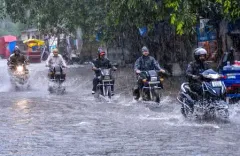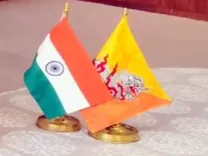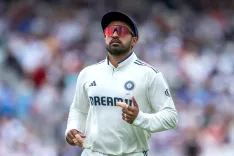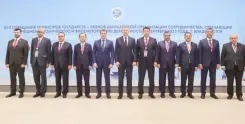Was Iranian President Injured in an Israeli Assassination Attempt?
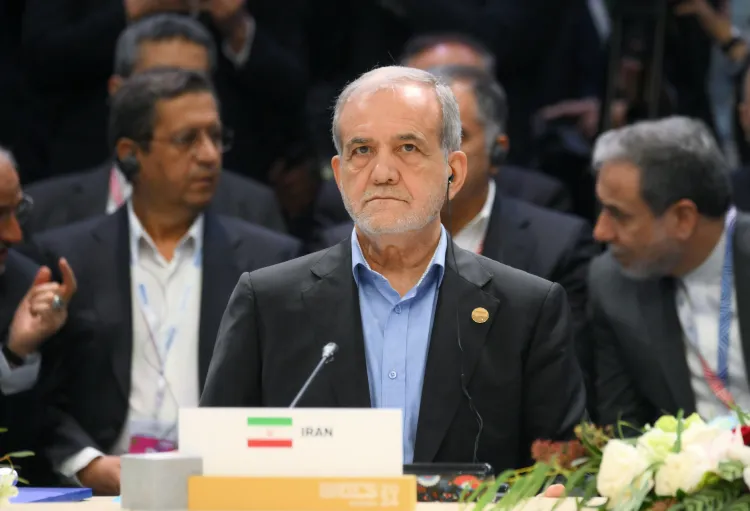
Synopsis
Key Takeaways
- Iranian President Masoud Pezeshkian injured during airstrike.
- Airstrike targeted a meeting of the Supreme National Security Council.
- The attack raises questions about security and potential infiltration.
- Israeli operation mimicked attempts on Hezbollah leader Hassan Nasrallah.
- Related to broader regional conflicts involving Iranian military leaders.
Tehran, July 13 (NationPress) Iranian President Masoud Pezeshkian suffered a minor leg injury during an Israeli airstrike that struck a building in western Tehran on June 16, as reported by a semi-official news agency on Sunday.
The missile attack coincided with a significant meeting of Iran's Supreme National Security Council. Among the attendees were Parliament Speaker Mohammad Bagher Ghalibaf, Judiciary Chief Mohseni Ejei, and other high-ranking officials, according to the Fars News Agency, which is affiliated with the Iranian Revolutionary Guard Corps (IRGC).
This incident has heightened anxiety among Iran's leadership, prompting investigations into the possibility of an infiltrator due to the strike's accuracy.
The Israeli operation reportedly mirrored the assassination attempt on Hassan Nasrallah, the leader of Hezbollah, in Beirut. Six missiles were aimed at the building's entry and exit points to hinder escape and disrupt airflow.
During the missile strike, the Iranian officials were located on the lower levels of the building, which resulted in a brief power outage. Fortunately, an emergency hatch that was previously prepared enabled officials to escape, although some incurred minor injuries in the process.
President Pezeshkian, one of the injured, had previously claimed that Israel had attempted to assassinate him. “They did try, yes… They acted accordingly, but they failed,” he stated in an interview with journalist Tucker Carlson.
The attack occurred near Shahrak-e Gharb in western Tehran, as noted by a separate report from Iran International.
This strike is part of a larger 12-day conflict during which Israeli forces reportedly eliminated several high-ranking Iranian military commanders and nuclear scientists.
Among those killed were IRGC Commander Hossein Salami, Chief of the Iranian Armed Forces Mohammad Bagheri, and IRGC Air Force Commander Amir Ali Hajizadeh, along with other senior officers.
Previous reports suggested that Israel had intentions to assassinate Iran's Supreme Leader Ayatollah Ali Khamenei during the 12-day conflict, but the opportunity allegedly never arose.

